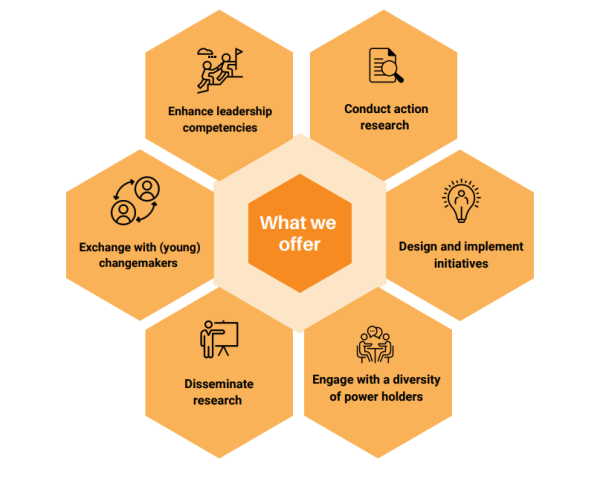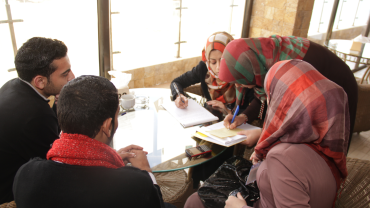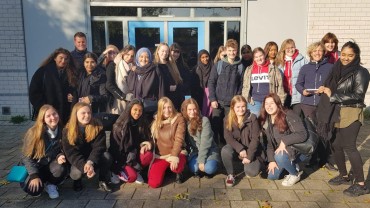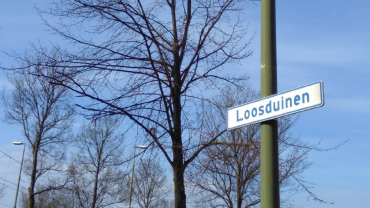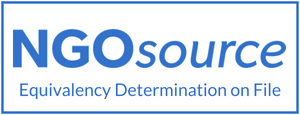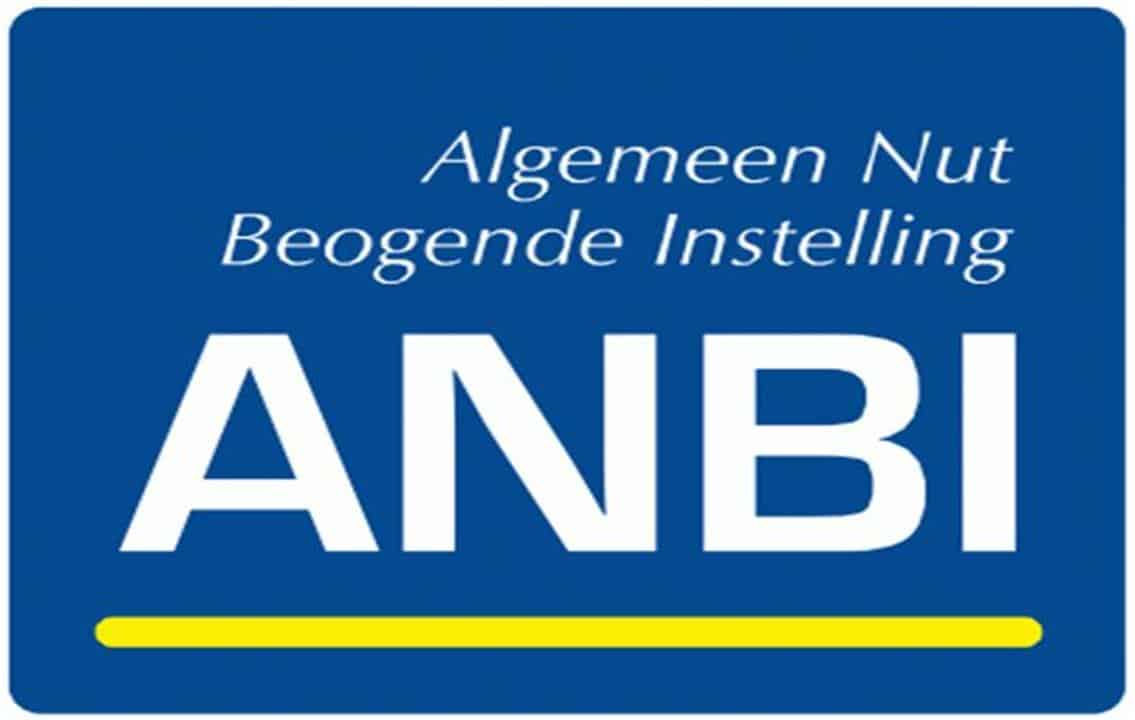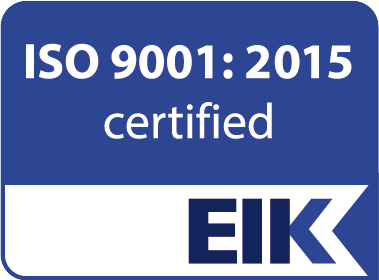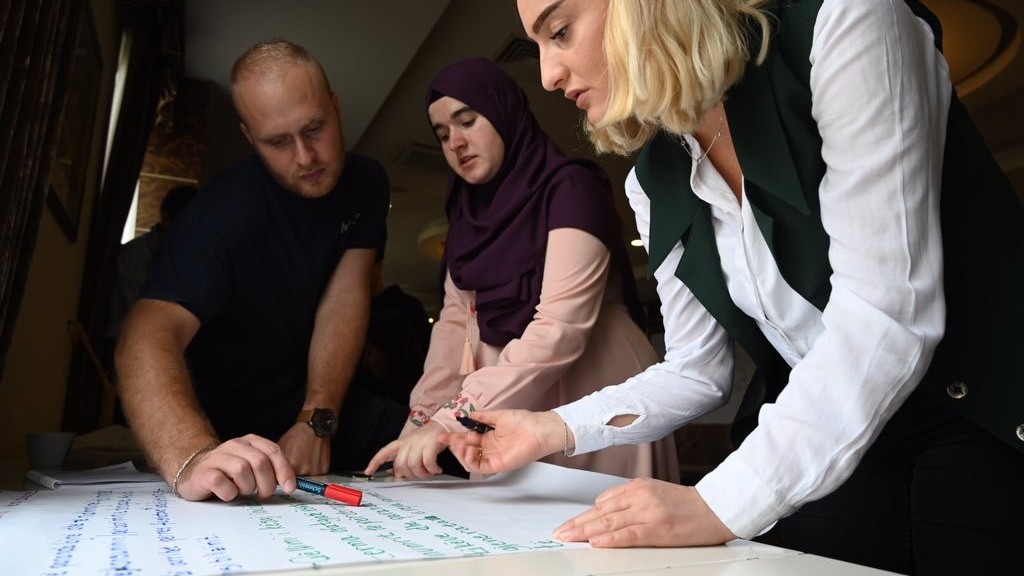
To put human security into practice implies that policymakers and practitioners working on issues of development, on humanitarian aid, human rights, peace building and security directly involve citizens in their work. To do so, it is key to also invest in skills and methods that are essential to work in an inclusive, collaborative way. In our work we invest in young changemakers, allowing them to arrive at their own analysis and develop their own initiatives to foster resilient communities. The recognition and inclusion of young changemakers is a crucial part of our approach. Young people often have in-depth knowledge of the issues at stake in their communities. They also generally have better access to and credibility in the eyes of their peers.
In this work with young changemakers, we also apply a human rights framework to the design and implementation of their initiatives; ensuring community members, including those who are least listened to, can participate in defining human rights, exercising them and respecting the rights of others. For that we developed a way of engaging with (young) changemakers, whether those who already have a keen interest in social activism, those who have less trust in civil society or those who are in more vulnerable and marginalized conditions. We seek to enhance their knowledge, skills and practice to apply a human security framework in their social activism through capacity building and learning-by doing processes grounded in pedagogical approaches.
To learn more about our Inclusive Leadership approach and programmes see here
